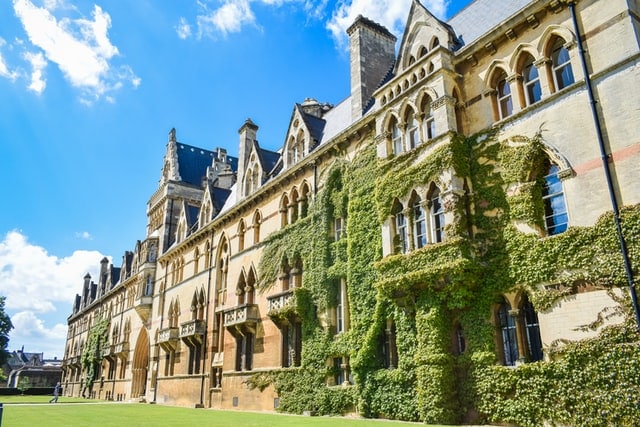From Crummell to Stormzy: Applying to Oxbridge as an ethnic minority
Alexander Crummell may not have been the first black student to go to Oxbridge, but he’s the first to be listed in university records. Born to a former slave in New York, he moved to England in the 1840s and studied at Queen’s College, Cambridge for four years. Though some dons regarded him with suspicion, Crummell believed that ‘no seat of learning in the world… has done more for human liberty and human well-being’. Later in life, he would recall being cheered by fellow students when he graduated.
It’s true that Oxford and Cambridge haven’t always been on the right side of history. In the century after Alexander Crummell’s matriculation, a young Alain LeRoy Locke was banned from several Oxford colleges. (He was eventually taken in by Hertford, where his portrait now hangs in the dining hall). Times have certainly changed, however, notwithstanding a few recent controversies. In 2020, both universities accepted a record level of BAME applicants, which they attributed to spending more time on outreach. Accusations of prejudice are often well-intentioned, but they can harm diversity if hopefuls start to think Oxbridge ‘isn’t for us’.
In 2011, Oxford was engulfed in one such row when David Cameron, then Prime Minister, claimed it had accepted just one black student in a year. The statistic was ‘disgraceful’, the Oxford alumnus said. In fact, Cameron had miscounted, noting the number of Black Caribbean students while forgetting the 26 Black Africans. But the headlines were written and the damage was done. Even when the university pointed out the error, Number 10 doubled down on its criticism.
Buried amongst the sound and fury was a gem of truth. When a few thousand new students arrive in Oxford every year, 27 black undergraduates doesn’t seem like very many. A number of colleges wouldn’t have taken a single black applicant. When Cameron returned to the subject in 2016, with a touch more diplomacy, Oxbridge started taking notice. ‘I worry that the university I was so proud to attend is not doing enough to attract talent from across our country,’ he wrote in The Sunday Times. BAME intake at Oxford stood at 15.8 per cent that year; by 2020, it had shot up to 23.6 per cent. Admittedly, ethnic minorities make up less than a fifth of the students at nine colleges – including Brasenose, Cameron’s alma mater. Overall, however, the university’s intake is roughly in-line with the population.
At Cambridge, ethnic minorities account for almost one in three undergraduates. This has been spurred on by the grime artist Stormzy, who in 2018 set up a scholarship to support two black students every year. (Crummell also had financial support, with the abolitionist movement raising the modern equivalent of around £200,000). By inspiring others to apply, its impact has gone well beyond this select cohort. The following year, Cambridge said the ‘Stormzy Effect’ had boosted black student numbers – for the first time – to above three per cent of the undergraduate population.

In 2020, 1,588 teenagers from an ethnic minority won a place at Oxbridge. Perhaps you think you could have been one of them. Maybe you’d like to go to a college with a more diverse student body – or there might be other things that matter to you, like size, geography, or academic performance. The important thing is to apply. We’re now 170 years removed from when Alexander Crummell stepped into the unknown, entering a university where he didn’t know if the undergraduates would cheer or jeer him. The rapid change in Oxford and Cambridge’s populations shows what’s possible, as long as you put your name down.
